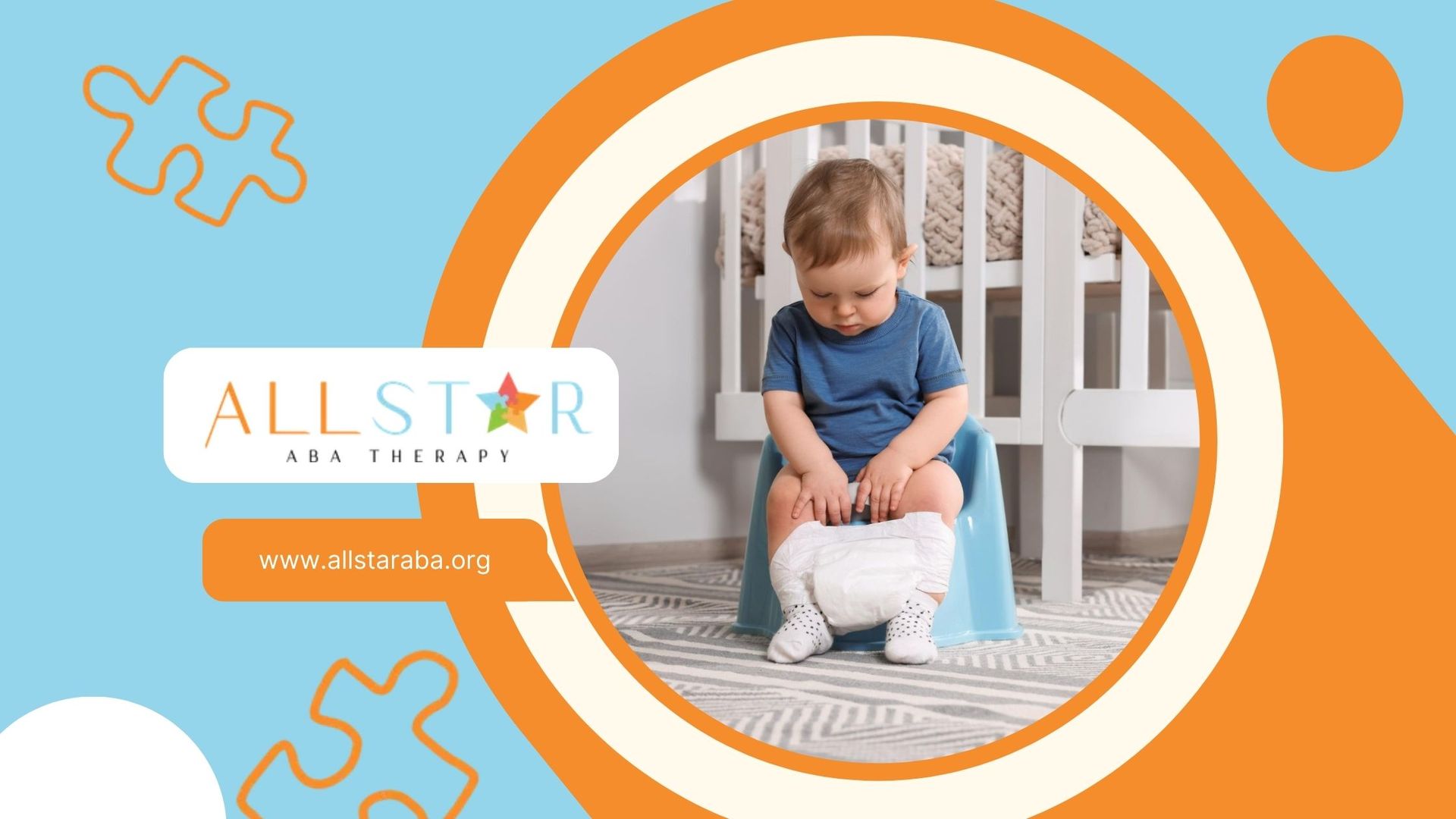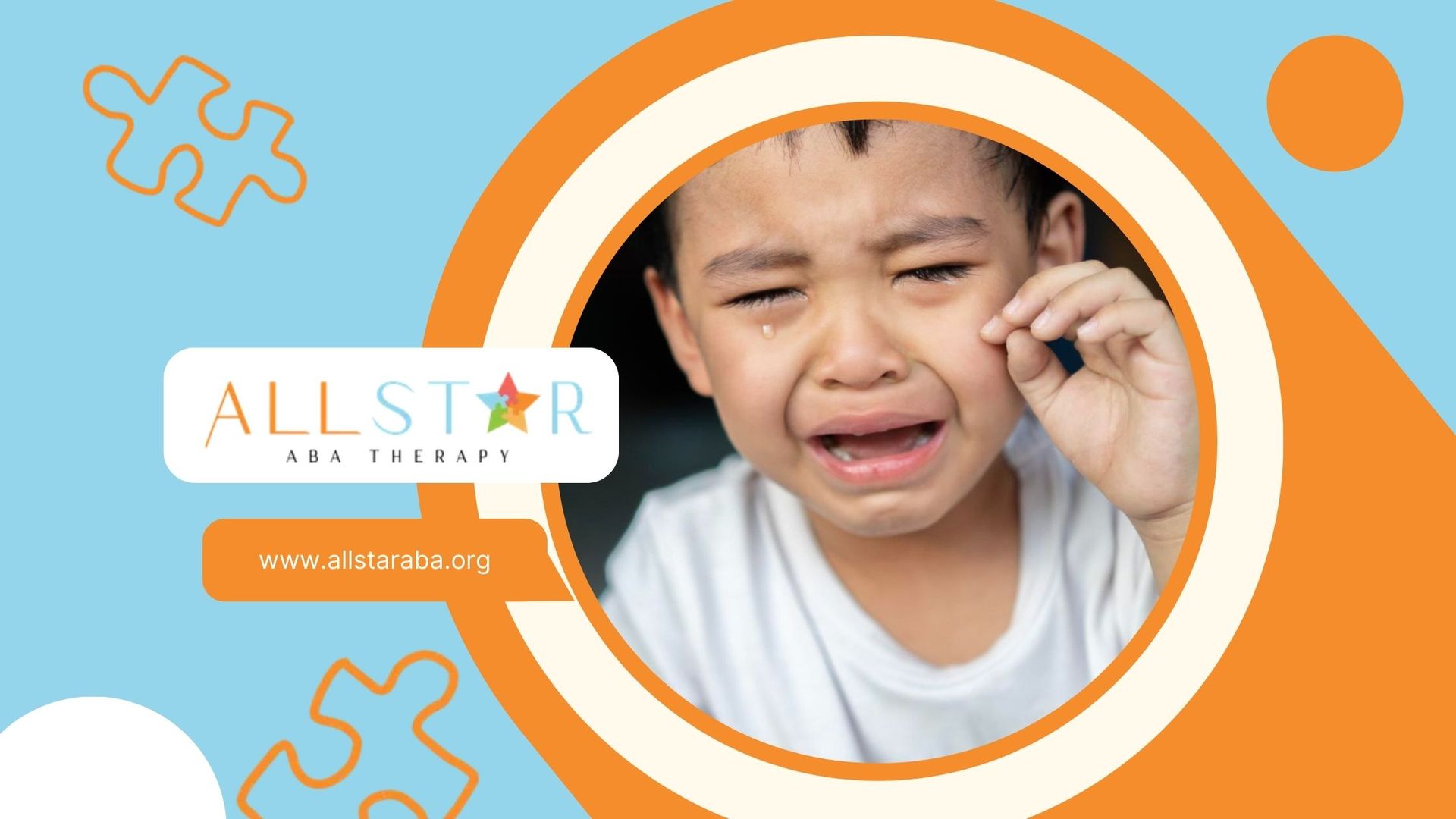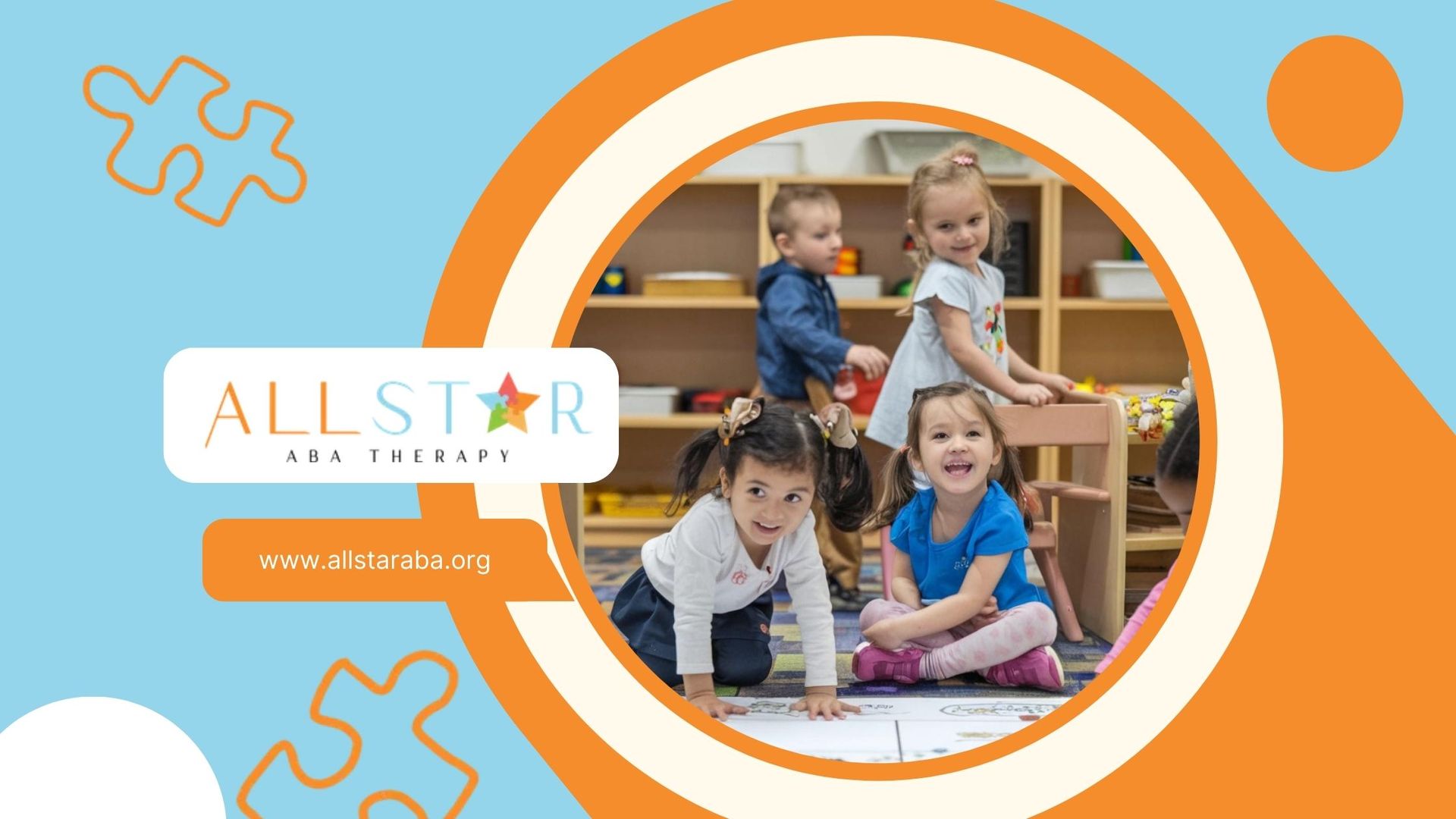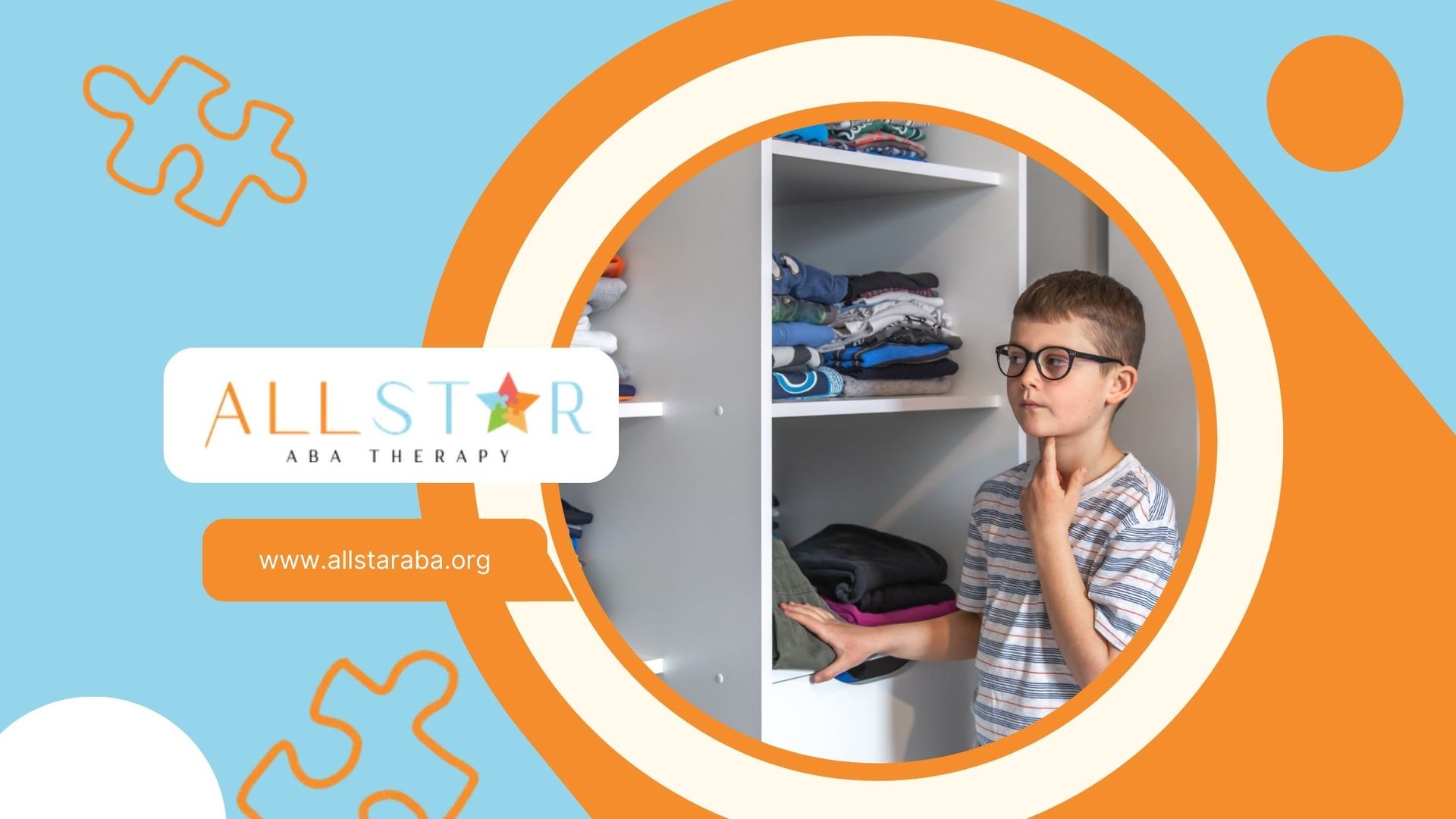New Paragraph
Top Autism Resources for Families
Support for Families
Families with kids on the autism spectrum often look for ways to tackle the hurdles that come their way. It's key for their peace of mind to build up a network with both community support and inclusive schooling options.
Community Involvement
Having folks in the community step in can make a world of difference for families with autistic kids. Whether it's finding the right school or the best doctor, local people can make things a bit easier and help overcome the feeling of being alone in this journey.
Here's how communities can pitch in:
| Community Support Ideas | What's it About? |
|---|---|
| Workshops and Talks | Get-togethers that teach folks about autism and what families go through. |
| Awareness Drives | Efforts to put autism in the spotlight and make it less of a mystery in people's minds. |
| Fun Gatherings | Places where families can hang out and bond with others in a welcoming setting. |
Backing these activities can make sure every family has what they need at their fingertips and can help them to feel like they're part of the neighborhood.
Inclusive Educational Practices
Making sure kids with autism can learn alongside everyone else is super important. Schools should be places where all kids, no matter how their brains work, can dive into learning and growing together.
Here’s how schools can do it right:
| School Practice | What's it About? |
|---|---|
| Personalized Learning Plans | Make school fit the child with autism, not the other way around. |
| Team Teaching | Special ed and everyday teachers buddy up to help all kids learn. |
| Extra Hands | Bringing in helpers to make sure kids with autism get what they need in school. |
Helping families push for these practices means kids with autism can get the education they deserve, set them up for success, and make learning a great experience. Families seeking more tips can check out parenting advice for autism, look into family support groups, or enjoy family-friendly autism activities.
Early Intervention Services
Getting a jumpstart with early intervention services can make a big difference for kiddos with Autism Spectrum Disorder (ASD) and similar specials needs. By providing support early on, these services help kids learn crucial skills and shoot for the stars when it comes to their development.
Birth to 3 Years
When it comes to little ones from birth to 3,
early intervention services can really kick-start their growth. These services target must-learn skills like chatting, walking, and socializing. Parents can step up and request evaluations on their own, without needing an invite from a doctor. And let's not forget, while it's ideal to start young, there's no wrong time to benefit from interventions.
| Service Type | Age Range | Description |
|---|---|---|
| Early Intervention | Birth to 3 | Boosts skill growth and connects families with resources. |
School-Aged Children (3-22 Years)
Kids with disabilities, including those on the autism spectrum, have a ticket to services through their local schools from 3 all the way up to 22. The support can start before they've even set foot in a classroom! With things like Individualized Education Programs (IEPs) and 504 plans, assistance is tailored to suit each child's needs. And no worries if you don’t have an official autism label, services can still be accessed.
| Service Type | Age Range | Description |
|---|---|---|
| Educational Services | 3 to 22 | Offers specialized programs and school resources. |
Child Find Evaluation
If parents spot something off in their child's development, they can ask their local public school for a "Child Find" evaluation. This option is open even if the child's not currently attending school. You don’t need a doctor's note or even a formal diagnosis to kick this off. For a free evaluation, folks can hit up the state's Early Childhood Technical Assistance (ECTA) Center. Check out who's the right contact depending on your child's age, or just give them a ring at #919-962-2001, or pop over to the ECTA website for more scoop.
| Evaluation Type | Description |
|---|---|
| Child Find Evaluation | Lets parents request checks on developmental issues. |
These early intervention options and evaluations are like a lifeline for families dealing with autism, smoothing out their path through the support systems available.
Financial Support for Families
Dealing with finances can be a headache for families dealing with autism, but fear not—there's help out there. This section breaks down must-know options like Special Needs Financial Planning, Supplemental Security Income (SSI), and Social Security Disability Insurance (SSDI) to ease the load a bit.
Special Needs Financial Planning
Planning ahead financially can be a real game-changer for families. Autism Speaks offers something handy—a Special Needs Financial Planning Tool Kit—to guide families through planning for things like therapies and education to long-term care. It's the kind of info that helps make solid choices without getting lost in the numbers. For extra support, check out our autism parenting tips for more financial advice.
Supplemental Security Income (SSI)
If someone in the family has autism, they might qualify for Supplemental Security Income (SSI), provided by the Social Security folks. It's a monthly payout aimed at those who are older, visually impaired, or have disabilities, offering much-needed financial relief. Think of it as a means to help pay for essentials like groceries, clothes, and a roof over your head.
Here's the lowdown on SSI eligibility:
| Age | Income Limit | Resources Limit |
|---|---|---|
| Under 18 | Family income must be below a certain threshold | $2,000 for individuals, $3,000 for couples |
| 18 and older | Individual income must fall below around $1,500 a month | $2,000 for individuals, $3,000 for couples |
To make the most out of this, families need to get all the paperwork together and know the steps to apply.
Social Security Disability Insurance (SSDI)
Social Security Disability Insurance (SSDI) is another lifeline for adults with disabilities, including autism. What's cool is that it's based on a parent's Social Security record, providing a reliable income stream as long as the disability persists.
Important bits about SSDI:
| Eligibility | Benefits Start | Duration |
|---|---|---|
| Must've worked and chipped into Social Security taxes | After being approved | As long as you're disabled |
SSDI is super important for families since it delivers ongoing financial stability for adults carving a path through life with autism. To get a handle on these benefits, reaching out to local autism family support groups can be a smart move.
By tapping into these financial resources, families can better support their loved ones, easing the money worries that come with autism. Don't forget to get involved in autism family advocacy to make your voice heard and reach key support networks.
Medicaid Waivers and ABLE Accounts
Grabbing financial aid can make a world of difference for families with autistic members. Medicaid waivers and ABLE accounts are two big helpers you should know about, offering a range of perks and support.
Medicaid Waivers
In most states, Medicaid Waivers (1915(c) Home and Community Based Services) are rolled out for folks with developmental disabilities. These waivers aim to keep individuals at home or in their communities with essential support. Here’s a taste of what they cover:
| Services | What's Included |
|---|---|
| Medical Treatments | Help for necessary healthcare needs. |
| Respite Care | A breather for caregivers. |
| Transportation | Getting to appointments or therapy sessions. |
Since programs can look different depending on where you live, scouting around your state’s options is a must. Swing by the Autism Speaks site for more details.
Achieving a Better Life Experience (ABLE) Act
The Achieving a Better Life Experience (ABLE) Act of 2014 brought ABLE accounts into play. These accounts are tax-smart, letting families put money away for future needs without tossing benefits like Medicaid and SSI out the window.
Check out some goodies ABLE accounts offer:
| Feature | What's Covered |
|---|---|
| Tax Perks | Cash grows tax-free; use it for qualified needs without paying tax. |
| Contribution Caps | Add up to a yearly limit without risking your benefits. |
| Spending Options | Use the funds on things like schooling, living costs, or healthcare. |
Both Medicaid waivers and ABLE accounts can get families much-needed financial breathing room. By grasping these tools, they can better manage autism-related expenses and give their loved ones all the support they deserve.
Supporting Children with ASD
Helping kids with Autism Spectrum Disorder (ASD) to flourish means making spaces that nurture and encourage them to learn and grow. This means setting up their lives with structure, choosing sensory-friendly environments, and working on communication and social skills.
Structured Environments
Kids on the autism spectrum often flourish in places where they know what's coming next. Having routines and schedules can drastically cut down on feelings of stress and worry for a kid with ASD. A regular daily schedule gives children the chance to know what to expect, helping them feel secure and calm.
| Routine Element | Description |
|---|---|
| Morning Routine | Same wake-up time, hygiene habits |
| School Schedule | Set school hours, familiar activities |
| Evening Routine | Relaxing activities, regular bedtime |
A visual schedule is like a picture map of their day; it's a handy tool that helps kids follow along and understand what's happening, reducing any guesswork or mix-ups.
Sensory-Friendly Spaces
Many children with ASD face challenges with processing sensory information. Creating cozy and calming spaces—with quiet nooks, items like weighted blankets, or fidget toys—can be soothing and help them stay balanced. These areas should help reduce sensory chaos.
| Sensory-Friendly Elements | Purpose |
|---|---|
| Quiet Areas | Cut down on noise and distractions |
| Weighted Blankets | Provide comforting pressure |
| Fidget Toys | Assist with concentration and easing anxiety |
Adding soft colors, gentle lighting, and things from nature can further make these places inviting, helping kids to stay grounded.
Communication and Social Skills
Improving how kids interact and communicate is a big goal. Using personalized strategies, social playtimes, stories that teach social skills, organized social groups, and working with speech or behavioral therapists can make a huge difference. These methods give children the practice and support they need to master social skills.
| Communication Support | Methods |
|---|---|
| Playdates | Encourage social interaction in a safe environment |
| Social Stories | Teach social cues through narratives |
| Structured Groups | Offer guided social learning opportunities |
Teaming up with pediatricians, therapists, and school staff is key for all-around support. Starting early with these personalized strategies can have a lasting impact on a child's growth and happiness.
Additional Resources
Support Groups
Support groups for families dealing with autism offer a crucial place for folks to get together with others who understand what they're going through. They create a cozy spot for caregivers and individuals with autism to kick those lonely feelings to the curb.
Here, they can share all kinds of tips and tricks that might just make their lives a little easier.
| Support Group Type | Purpose |
|---|---|
| In-person support groups | Hang out and get support |
| Family workshops | Learn stuff & join the fun |
Online Support Options
The internet's got your back too with a bunch of online support options. Facebook groups and other spots let caregivers from all over swap stories and advice. They’re pretty cool but can sometimes get a bit confusing with different opinions flying around, so it might help to jump in with an open mind.
| Online Platform | Features |
|---|---|
| Facebook Groups | Chat away and get some friendly advice |
| Forums | Speak your mind with others who’ve been there |
| Webinars | Learn from the pros on all things autism |
Books and Research Studies
Books and research studies are golden for families looking for the scoop on autism. The American Academy of Child and Adolescent Psychiatry serves up “Facts for Families,” which packs a punch with its short and sweet info on autism and the hurdles folks face.
Hot topics you might find include:
- How sleep ties into autism symptoms.
- How good ol’ peer help works out.
- What parents really go through with autistic kids.
Need Support?
We're Here to Help!
Our experienced team is ready to assist you. Reach out today to discuss how we can support your child's development and well-being.
Get started with expert ABA therapy today.








